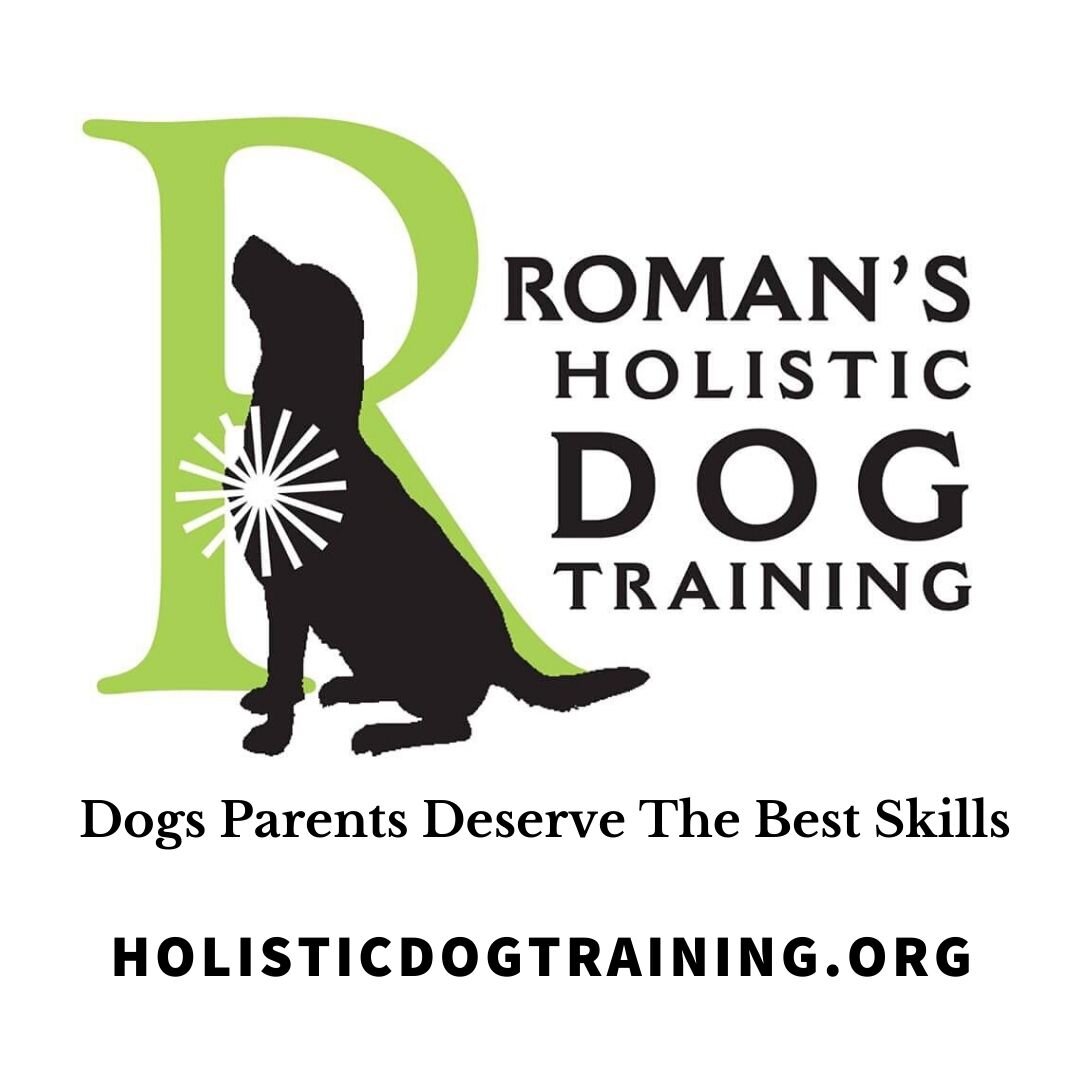Most dog parents will agree that taking care of their dog consists of keeping their loved one safe, warm, fed, clean, and loved. It’s really not that different from raising a toddler.
The main difference, is that dog parents often focus primarily on the animal’s survival needs without considering their emotional development. Training, structure, and calm assertive leadership are usually the main priorities.
Parents have a significant impact on a dog’s personality, behavior, self-confidence, and a number of other factors. Just like children, dog’s emotional growth needs to be supported and nurtured in order for them to be happy and balanced.
A Dog Trainer can help a parent with education and some direction, but ultimately it’s the parent’s responsibility to educate their dog and encourage growth. There are studies that link a child’s competence with their parent’s investment in their play and activities. Dogs need the same investment of time, emotional support, and energy.
Just being physically present isn’t enough to enable dogs to regulate their behavior, learn social skills, or have their needs met. The key is quality interaction, not quantity. When they don’t receive it, they can struggle with learning how to be social with other dogs, and have difficulty forming attachments, just like children do.
A study done on childhood development illustrates this concept.
“In studying the outcomes of Ainsworth’s Strange Situation experiments, L. Alan Sroufe found that the style of early attachment relationships predicts later emotional development of children. Sroufe asserts that, “Such variations [of relationship quality] are not reflections of genetically based traits of the infant but of the history of interaction with the parent” (188). This suggests that attachment styles are not inborn but are driven by how parents interact with their infant from birth. Longitudinal attachment studies show that children with anxious attachment were likely to be emotionally disturbed and have low self-esteem (Sroufe 190).” Watch Video
A child’s attachment style is learned from the parent and affects their emotional state as adults. Dogs form attachments to their human parents in the same way, so in order for them to grow into emotionally stable adult dogs, they need healthy interaction.
A parent’s emotional state affects dogs the same way it affects children.
An important factor in the emotional development of dogs is how warm a caregiver is. A parent who is depressed or stressed affects a dog no differently than a child. Many studies have been done to measure the effects of a mother’s depression on their children.
“Depressed mothers have maladaptive thoughts, attitudes, and behaviors, and these, along with being in a similarly stressful environment as the mother, put a child at risk of developing his own emotional problems (Sroufe 204).”
A depressed mother puts a child at risk of abnormal emotional development because she tends to put them into fewer social situations, can be indifferent to them, and in general will provide less stimulation than a mother who is happy or content. This makes it more difficult for a child to learn how to regulate their emotions, and dogs are the same.
“Children see how their parents display emotions and interact with other people, and they imitate what they see their parents do to regulate emotions (Sheffield Morris et. al).”
A dog's temperament also plays a role in their emotion regulation, guided by the Dog-parenting style they receive. Hostile or neglectful Dog-parenting will often lead to behavioral issues because dogs are extremely affected by stress.
They will become prone to negative associate emotions, which can arouse even more negativity from the Dog Parent. Destructive chewing, potty accidents, separation anxiety, human-dog disputes, and a host of other problems can arise, which create no-win situations where everyone ends up miserable.
Emotional responses have a deeper effect in dogs.
The way in which Dog Parents address their dog’s emotions affects how comfortable dogs are expressing them. When a dog expresses their emotional state, like chewing when they are stressed, if a Dog Parent reacts with disciplinary action and doesn’t address the feeling behind it, that shows the dog that its feelings don’t matter.
This can cause a dog to be less able to cope with stress and become prone to negative emotions and behavior.
Helping dogs find ways to express themselves in a breed-specific manner and guiding their emotions will help them to regulate their responses to stressful situations. It will also help them to have fewer social challenges. Some dogs are not as emotionally evolved as humans are and they get can easily get stuck in an emotional dead end.
This type of “emotional coaching” greatly helps reduce behavioral problems in the future.
In addition to being able to express their own emotions, it’s important in social situations for dogs to be able to identify and deal with the emotions of those around them. Dog Parents should teach their dogs how to comfort someone who is afraid, or approach someone who is smiling instead of feeling threatened, but other parental behaviors also influence how their dogs learn to recognize the emotions of others.
“It has been found that the interaction between parents affects a child’s emotional and social development, and marital conflict contributes to problems in these developmental areas (Sheffield Morris et. al).”
The biggest contributing factor in marital relations that affect a dog’s emotional development, is whether the dog sees the parents fighting. This is referred to as “background aggression” in the dog's environment, and if the dog is exposed to it, even though it is not directed at the dog, the dog as a “natural dispute solver” is attracted to take sides, which causes stress if he is attached to both Dog Parents. Problems with emotional security and regulation are a likely result in this situation.
Coming from a family with divorced parents, I can relate to this issue of background anger being a factor. Although my parents split when I was at the vulnerable age of three, they made sure not to fight in front of me, and I think that allowed me to have a healthier reaction to the divorce and to be emotionally well adjusted socially.
The Perfect Dog-Parenting Formula
The choices that a Dog Parent makes affects the dog emotionally, physically, and socially, but it’s important not to obsess with having a perfectly well-adjusted dog. There is no perfect formula for parents to model their child’s behavior, and the same is true for dogs.
There is no such thing as a perfect dog, or a perfect emotional developmental experience. Each situation is unique. Dog Parents can help their dogs develop into emotionally stable adult dogs when they use positive feedback, give them a supportive environment, and choose to be role models for healthy behaviors and interactions.
Roman Gottfried is an internationally renowned Holistic Training expert. He works with dog parents worldwide to help their dogs reach their full potential, by teaching them the holistic philosophy of dog training. He sees clients online and in-person. For more information, please visit his website http://www.romansk9training.com.
References
Sheffield Morris, A., Silk, J. S., Steinberg, L., Myers, S. S., & Robinson, L. R. (2007). The role of the
family context in the development of emotional regulation.Social Development, 16(2), pp 361-388. Siegler, R., DeLoache, J., & Eisenberg, N. (2011). How children develop. (3rd ed.). New York:
Worth Publishers.
Sroufe, L. A. (2001). From infant attachment to promotion of adolescent autonomy: Prospective, longitudinal data on the role of parents in development. In J. G. Borkowski, S. L. Ramey & M. Bristol-
Power (Eds.), parenting and the Child’s World: Influences on Academic, Intellectual, and Social-emotional Development. Psychology Press.
Volling, B., McElwain, N., Notaro, P., & Herrera, C. (2002). Parents’ emotional availability and infant emotional competence: Predictors of parent-infant attachment and emerging self-regulation. Journal of family psychology, 16, pp 447-465.






